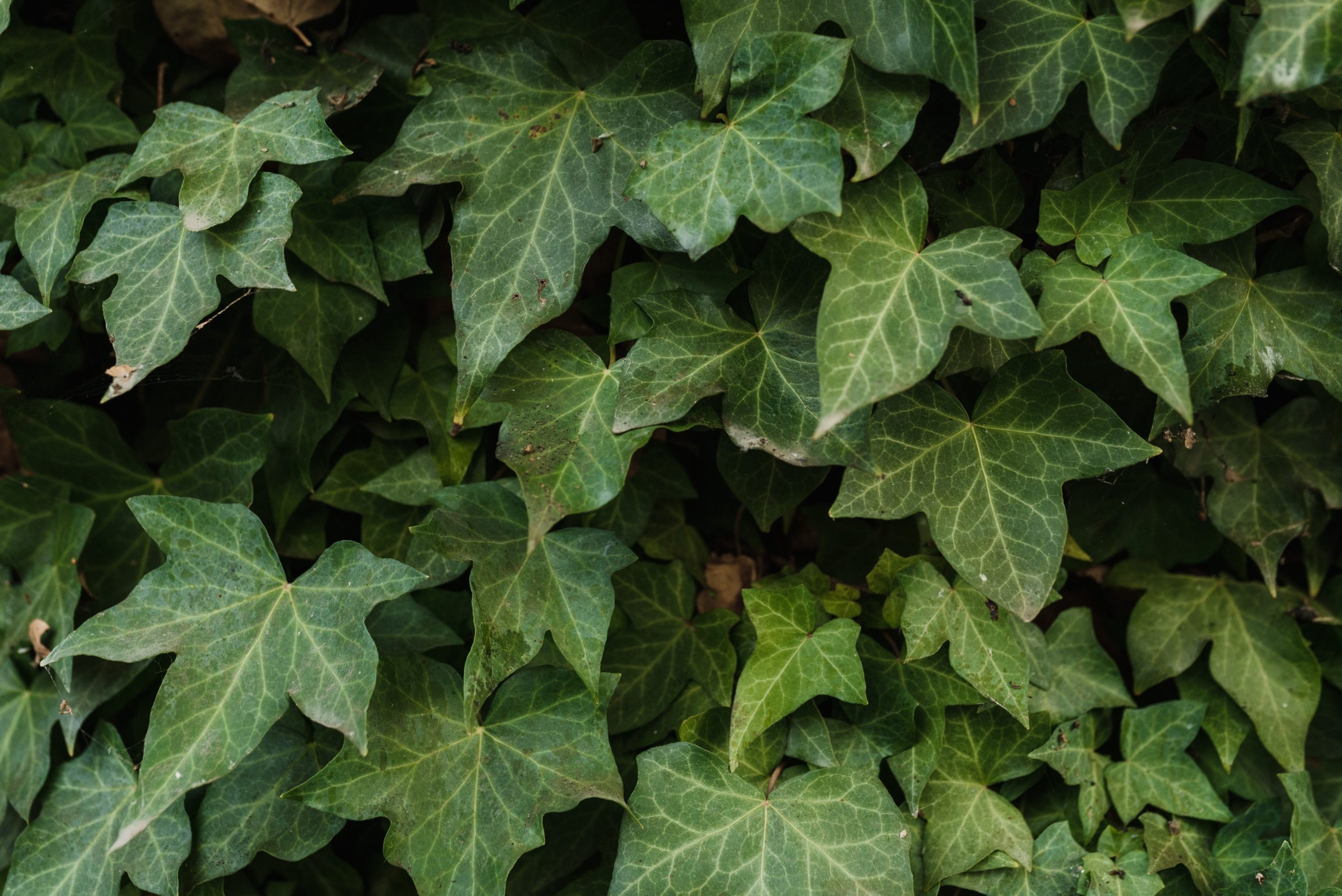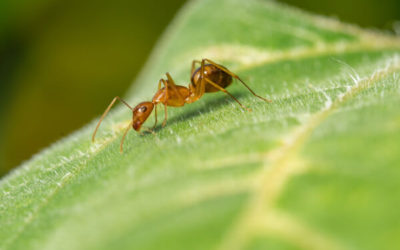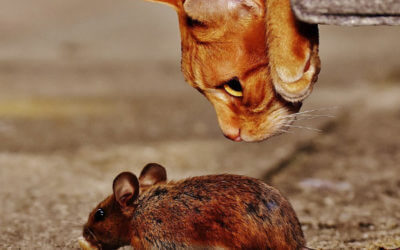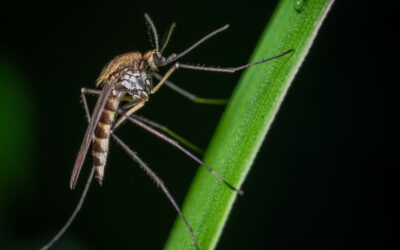
If your plants’ leaves have holes, then one of these pests may be responsible
Maintaining a garden, whether it is full of flowers, vegetables, or just a hedge around your property, can be a rewarding and relaxing hobby. But finding holes in your plants’ leaves can be an unexpected and unwelcome surprise. If your plants’ leaves have holes, then any number of pests may be responsible.
You’ll need to examine your plants carefully–hopefully, the damage done will help you determine which pests are responsible, so that you can implement the right pest control strategies to deal with the specific pests that are causing problems.
These are some of the pests that may be responsible, plus the kind of damage they typically can do to plants (and the sorts of plants they often prefer):
Aphids
Aphids are a sap-sucking pest that can cause tiny holes in the leaves of plants. These tiny insects are less than a quarter inch long (even as adults) and are nearly invisible to people. They can also attract ants. Aphids come in many different colors and can have waxy or wooly coatings. In addition to putting tiny holes in plants’ leaves, they can also cause plants to be covered with a sticky, sugary substance called “honeydew” which aphids emit when they have been sucking sap.
Slugs & Snails
Slugs and snails both can cause irregular, large holes toward the center of leaves. The edges of the holes are usually smooth, and you can often see the shiny trails of the snail’s or slug’s mucus that shows where the pest has traveled. You’ll be most likely to catch these kinds of pests in action at night, as they are nocturnal creatures who typically feed after dark. These particular pests are fond of hostas, hibiscus, basil, tomatoes, peppers, cabbage, lettuce, and cucumber plants.
Caterpillars
Caterpillars such as tomato hornworms can demolish all sorts of plants, such as peppers, broccoli, cabbage, hydrangeas, and roses, as well as the tomatoes they’re known for destroying. You’ll be able to tell the difference from the large holes that slugs/snails can eat in leaves because caterpillars, who also eat large holes in leaves, typically start eating at the edge of the leaf while slugs and snails tend to eat holes in the middle of leaves. Also, instead of leaving trails of slime behind them, caterpillars will leave dark droppings where they have been feeding. Caterpillars tend to hide underneath a leaf when they aren’t busy eating it.
Japanese Beetles
Japanese beetles cause very unique, easy to distinguish damage to leaves. Not only do they eat holes in the leaf, but they actually leave only a skeleton of the leaf’s fibrous connective structures behind. This makes the leaf look like fine lace when they’re finished with it. Of course, it takes time for this kind of damage to build up, so at first, the holes that Japanese beetles eat in leaves look similar to those caused by other insects. But in a fairly short period of time, it will become obvious that Japanese beetles have wreaked havoc on your plants.
While dealing with holes in your plants’ leaves can be frustrating, West Termite, Pest & Lawn is here to help. Our experienced exterminators have helped many gardeners with similar problems and would be happy to help diagnose which pests are causing trouble for your plants. Call us today to schedule a consultation!
More posts from West Termite, Pest & Lawn
Deterring Ants from Going Into Your Kitchen
Ants are among the most common household pests, and the kitchen, with its abundant food sources and moisture, is a prime target for these tiny invaders. Understanding how to deter ants from entering your kitchen involves a combination of preventative measures,...
Diseases That Rodents Can Bring
Rodents, while often small and seemingly innocuous, are significant carriers of numerous diseases that can pose serious health risks to humans. These pests, including rats and mice, thrive in various environments, often seeking refuge in human dwellings where food,...
Dealing with Mosquito Season
As the weather warms up, many of us look forward to spending more time outdoors, enjoying our yards, and hosting barbecues. However, with the arrival of summer comes the unwelcome presence of mosquitoes. These pesky insects are not just a nuisance; they can also pose...



